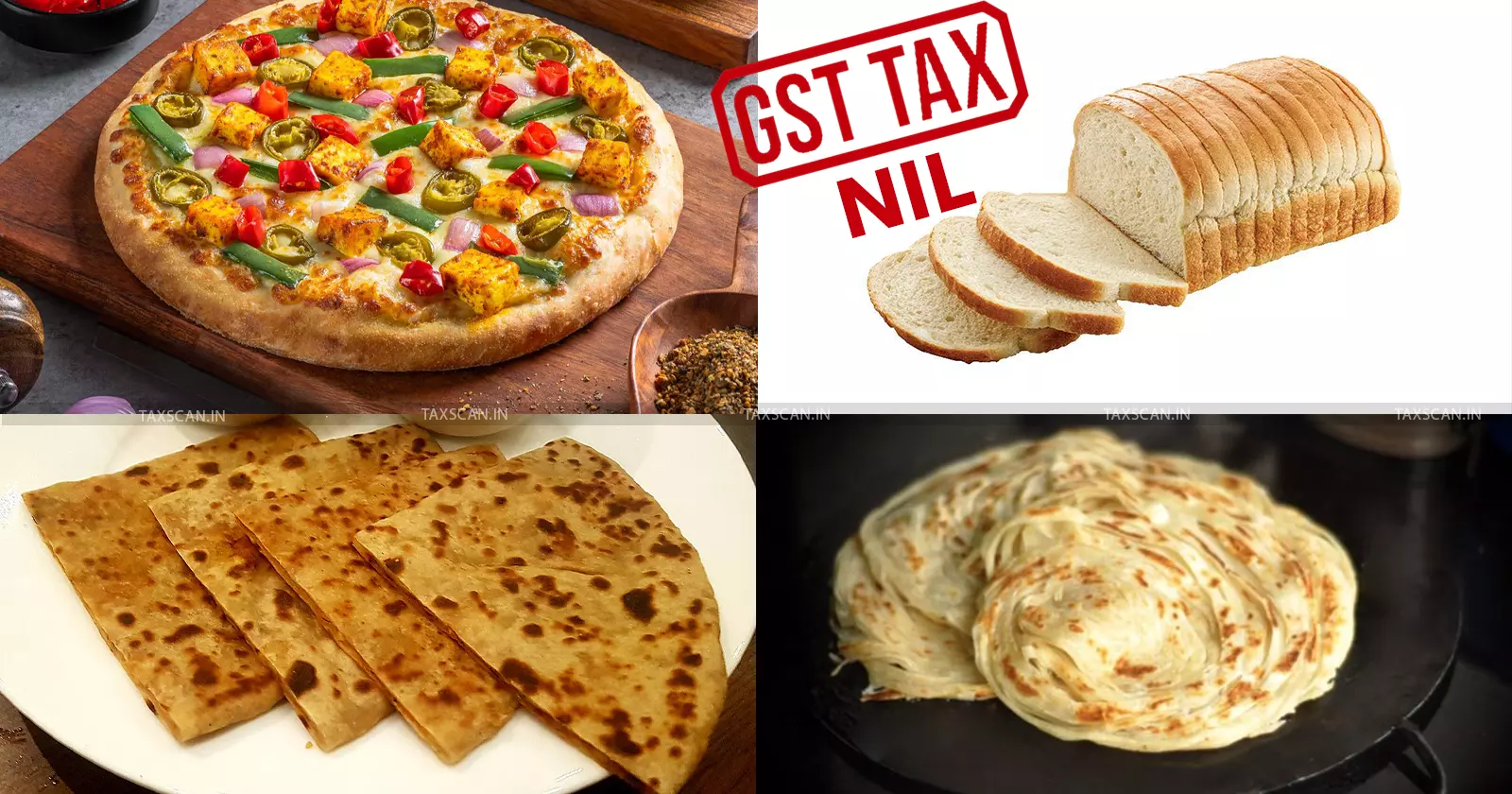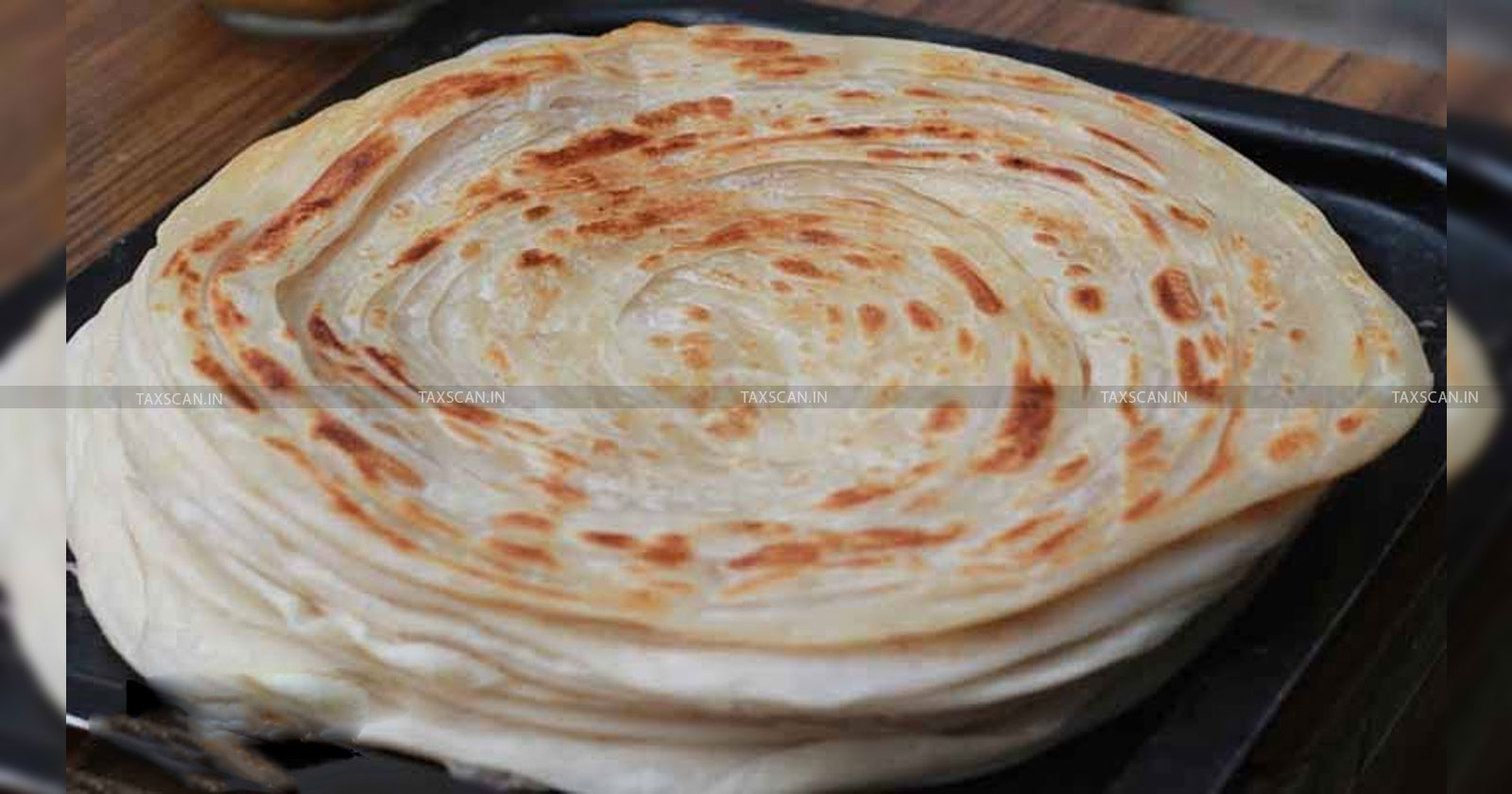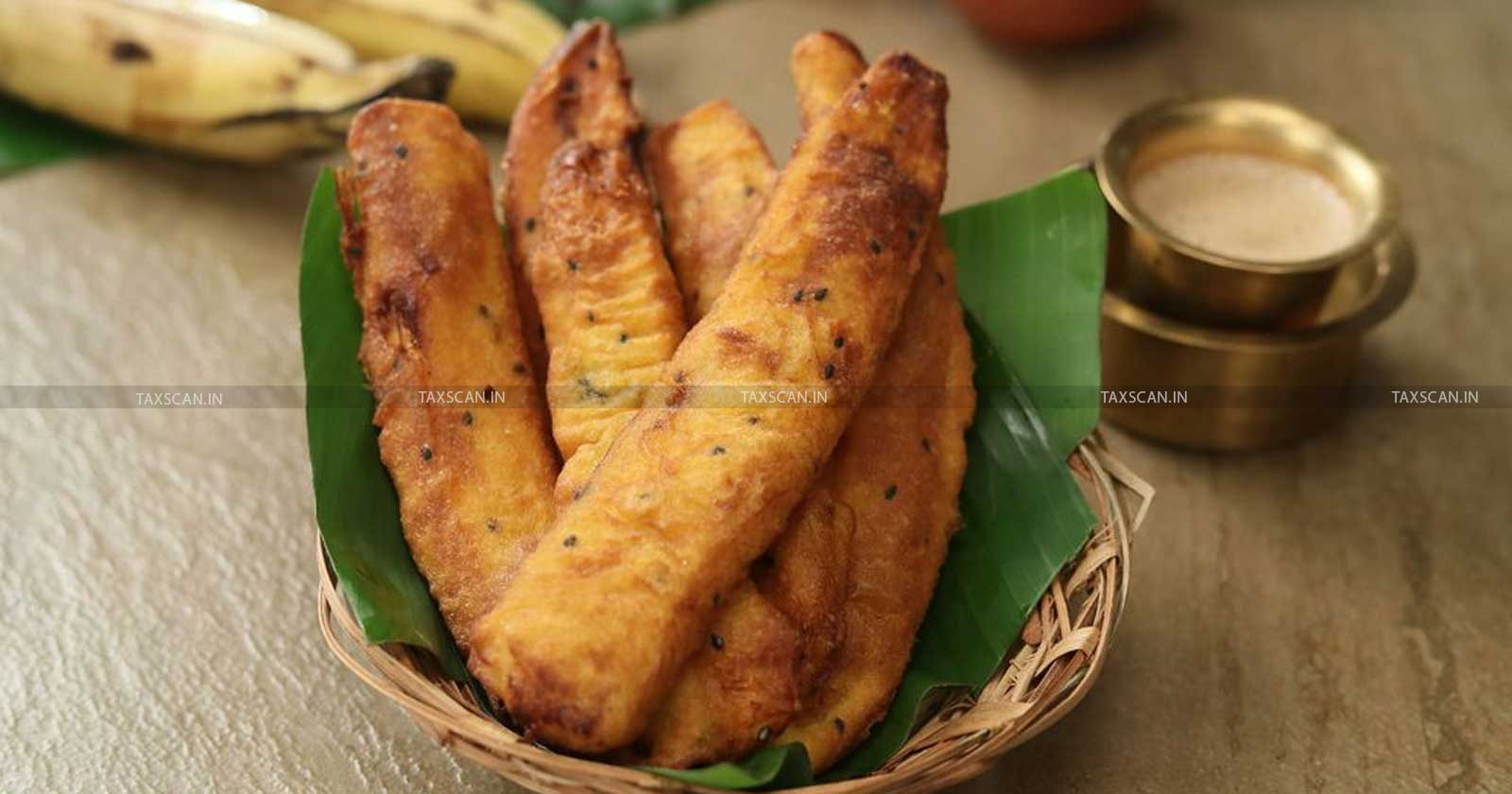Good News for Foodies! GST Council suggests Nil GST on Paratha, Parotta and other Indian Breads
This move is a part of the bigger GST rate rationalisation exercise by the Council.

In a major relief to households and eateries alike, the GST Council in its 56th meeting has recommended exempting all varieties of Indian breads such as paratha, parotta, roti and similar items from Goods and Services Tax (GST).
From Disputes to Relief
Until now, while plain bread was exempt from GST, several Indian breads including paratha, porotta, parotta and pizza bread attracted different tax slabs ranging from 5% to 18%. This created confusion among consumers, restaurants, and even tax authorities, leading to multiple litigations over classification.
The Council has now clarified that all Indian breads, irrespective of the name they are sold under, will be treated as exempt from GST, thereby ensuring parity across the board. The change is expected to provide direct relief to consumers, small eateries, packaged food manufacturers, and the hospitality sector.
Effective Date
The revised exemption will come into force from 22nd September 2025, in line with other rate changes recommended by the Council. The Central Board of Indirect Taxes and Customs (CBIC) will notify the decision formally on its website through a rate notification.
Why the Change?
Officials explained that the rationale behind the move was both practical and consumer-centric. Bread was already at nil GST, but certain Indian breads attracted 5% or higher rates. This led to avoidable disputes and complexity. By exempting all Indian breads, the Council has eliminated classification issues and aligned tax treatment with consumer reality,
Wider Impact
- Consumers: Prices of packaged parathas, porottas and similar items are expected to drop by 5–12% depending on the earlier GST charged.
- Restaurants and Caterers: The exemption reduces compliance burden and simplifies billing for eateries that serve a wide variety of breads.
- Packaged Food Industry: Companies that manufacture ready-to-eat or frozen parathas and porottas will no longer need to apply different tax slabs, leading to more transparent pricing.
 Also Read:Malabar Parota (Porotta) is classifiable as Bread, attracts 5% GST: Kerala HC strikes down AAR Ruling
Also Read:Malabar Parota (Porotta) is classifiable as Bread, attracts 5% GST: Kerala HC strikes down AAR Ruling
No ITC Loss Concern
Since the supply of these items will now be exempt, businesses cannot claim input tax credit (ITC) on raw materials used. However, officials clarified that the benefit of tax relief will flow to end consumers as lower shelf prices will outweigh ITC reversals.
Conclusion
With this decision, the GST Council has closed one of the most contested chapters in indirect tax classification. For households and eateries alike, paratha, parotta, roti and their cousins are now tax-free, just like bread through a change that brings both simplicity and savings!
Support our journalism by subscribing to Taxscan premium. Follow us on Telegram for quick updates



